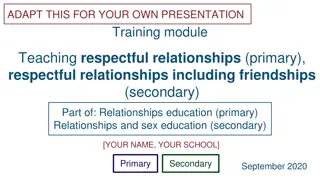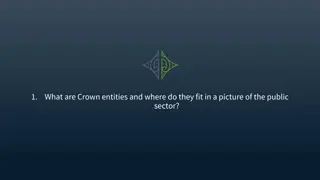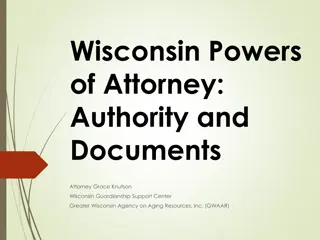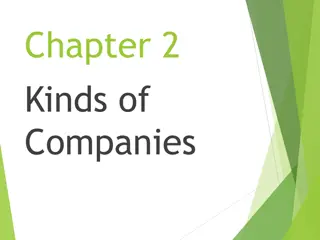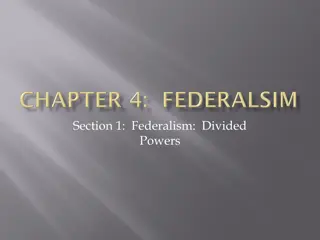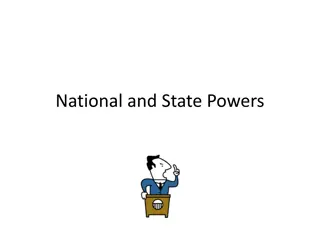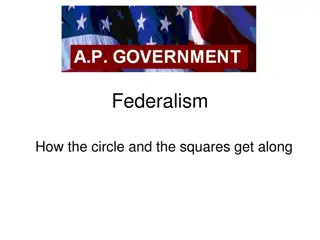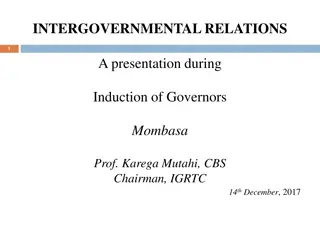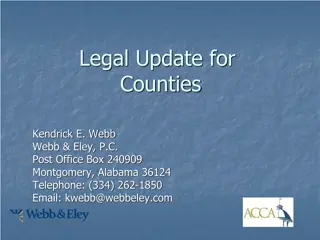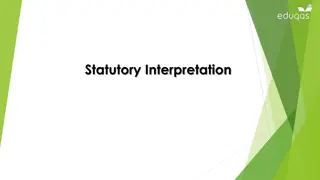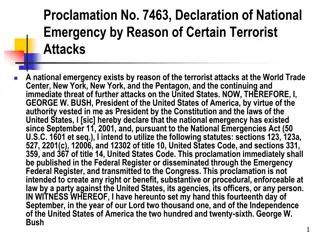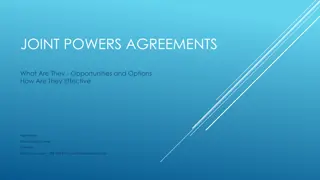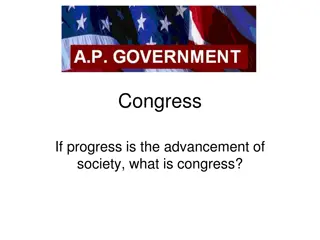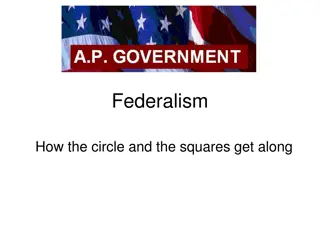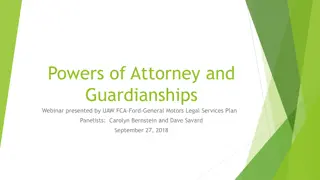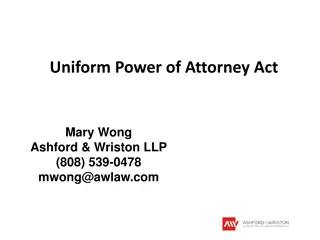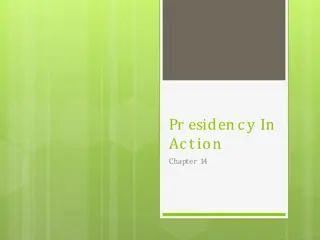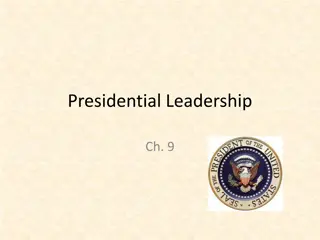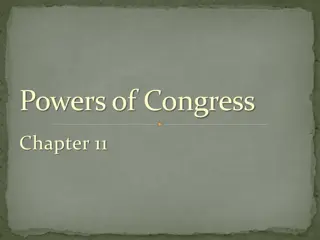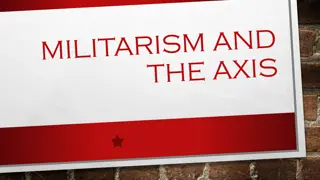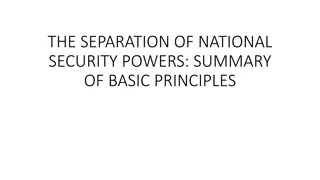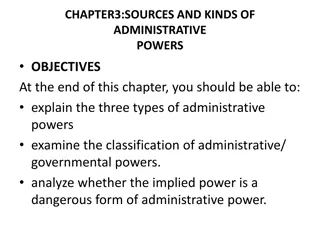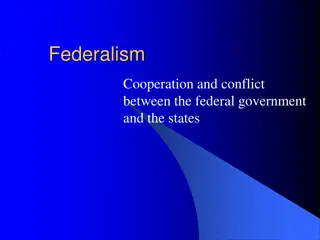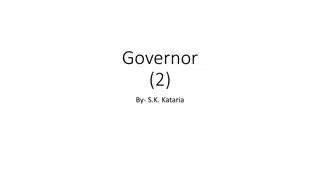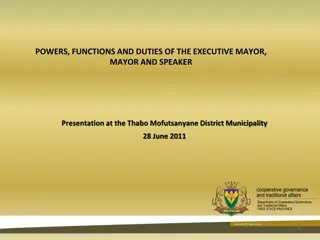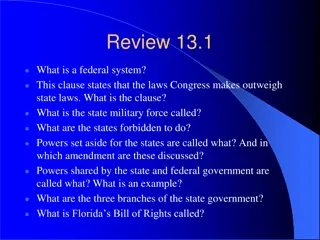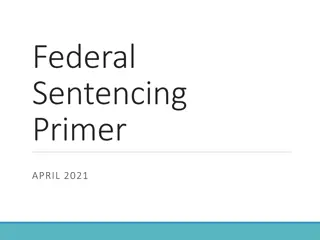READ⚡[PDF]✔ Emerging Space Powers: The New Space Programs of Asia, the Middle Ea
\"COPY LINK HERE ; https:\/\/getpdf.readbooks.link\/B004NNUV54\n\n[READ DOWNLOAD] Emerging Space Powers: The New Space Programs of Asia, the Middle East and South-America (Springer Praxis Books) | Emerging Space Powers: The New Space Programs of Asia, the Middle East and South-America (Springer Pra
1 views • 6 slides
Understanding the Duty to Report Child Abuse and Neglect
The duty to report concerns of child abuse, neglect, and harm is essential for practitioners and individuals coming into contact with children. This responsibility, whether statutory or non-statutory, requires prompt action to safeguard children at risk. Recognizing and acting on suspicions of abuse
0 views • 20 slides
Teaching Respectful Relationships: Primary and Secondary Curriculum Training Module
This training module focuses on teaching respectful relationships, including friendships, for primary and secondary school students. It covers key knowledge, strategies for handling class discussions, and ways to link topics across the curriculum. Schools can adapt this non-statutory guidance to com
2 views • 90 slides
Understanding Police Powers on the Street Webinar
Explore the powers and procedures of police officers on the street in this informative webinar featuring Sophie Leaver, a Police and Administrative Law Solicitor from Redfern Legal Centre. Topics covered include where police derive their powers, identity requests, personal searches, complaints proce
4 views • 44 slides
Differences Between Statutory Crown Entity Boards and Commercial or NGO Boards
Statutory Crown entity boards differ from commercial or NGO boards in terms of ministerial influence, funding limitations, public scrutiny, and government standards. The responsible Minister has more interaction, and boards have limited discretion in funding and pricing adjustments. Crown entities f
1 views • 19 slides
Understanding Wisconsin Powers of Attorney: Core Concepts and Types
Explore the essential concepts of powers of attorney in Wisconsin, including self-determination, legal documentation, next of kin laws, and types such as health care and finance powers. Learn about the authority granted to agents and the implications of durable power of attorney.
0 views • 51 slides
Understanding Safeguarding Statutory Reviews and Best Practices
Exploring the importance of learning from safeguarding statutory reviews in various domains such as child practice, safeguarding adults, and domestic homicide reviews. The content discusses the statutory requirements for review processes and the responsibilities of relevant agencies in cases of abus
0 views • 7 slides
Core Area of Statutory Bank Branch Audit and Review of Advances by Hitesh Pomal
Explore the core areas of statutory bank branch audit, advances, NPAs, types of advances, review of advances, and considerations during the review. Learn about sanctioned terms, parameters, consortium advances, and frequent MOCs reported by auditors. Understand IRAC norms regarding income recognitio
0 views • 28 slides
Understanding the National Approach to Statutory Advocacy for Children and Young People
Exploring the significance of the National Approach to Statutory Advocacy for Children and Young People, this content delves into the role of advocates, the UN Convention on the Rights of the Child, and the fundamental principles guiding statutory advocacy. Learn about different types of advocacy, u
2 views • 44 slides
Understanding Different Types of Companies in Business
Explore the various kinds of companies in the business world, including statutory companies, registered companies, private companies, public companies, and more. Learn about the differences between private and public companies, statutory company examples like LIC and RBI, and the characteristics of
0 views • 25 slides
Understanding Federalism: Divided Powers and Constitutional Framework
Federalism is a system where powers are divided between a central government and regional entities. It involves delegated, reserved, exclusive, and concurrent powers outlined in the Constitution. The supremacy of the Constitution is pivotal in establishing a unified federal government.
0 views • 5 slides
Overview of EHCP Processes and Statutory Assessment Team
This content provides detailed information on EHCP processes, including the role of the Statutory Assessment Team, the number of EHCPs maintained over the years, and the responsibilities of Casework Officers in the assessment and review process. It covers the statutory assessment process, the involv
0 views • 42 slides
Understanding National and State Powers in the United States
The Constitution grants specific powers to the national government, including expressed, implied, and inherent powers. States have reserved powers, and there are concurrent powers shared by both levels of government. The Supremacy Clause ensures that national laws take precedence over state laws. Ex
0 views • 13 slides
Understanding Federalism in the United States
Federalism in the United States involves the relationship between the federal government and state governments, with terms such as delegated powers, reserved powers, concurrent powers, and the Elastic Clause playing key roles. The aftermath of events like Hurricane Katrina and policies such as No Ch
0 views • 30 slides
Understanding Intergovernmental Relations in Kenya
Intergovernmental Relations (IGR) in Kenya involve interactions between government entities within a decentralized system. This presentation outlines the institutional framework, disputes, progress of audits, and assets/liabilities in IGR. It emphasizes the importance of statutory and non-statutory
2 views • 44 slides
Legal Update on Statutory Cap for Cities and Counties in Alabama
Alabama's statutory cap on damages against cities and counties has been a topic of contention since its enactment in 1977. Attempts to circumvent this cap by suing city or county employees individually have led to legal debates and court decisions, such as the cases of Morrow v. Caldwell and Alabama
1 views • 36 slides
Understanding Statutory Interpretation: Rules, Approaches, and Challenges
Explore the concept of statutory interpretation, including the intention of Parliament, problems that can arise, various rules and approaches used in interpretation, aids and presumptions, criticisms, and the relationship between statutory interpretation, EU law, and precedent. The Literal Rule, a c
2 views • 26 slides
Understanding National Emergency Declarations and Emergency Powers Laws
This content delves into the legal aspects of national emergency declarations, emergency powers laws, and judicial review of emergency declarations. It covers the purpose, termination, historical context, congressional oversight, and impact on presidential powers. It also explores the complexities o
0 views • 6 slides
Understanding Joint Powers Agreements: Opportunities, Options, and Effectiveness
Joint Powers Agreements (JPAs) enable public agencies to collaborate efficiently, providing services and facilities in line with various factors. Idaho Code outlines the purposes, definitions, and powers that can be jointly exercised. This legal framework facilitates cooperation among entities, alth
0 views • 34 slides
Classroom Guidelines for Lesson on Properties of Exponents
Follow the classroom guidelines for this lesson on Properties of Exponents. Learn about the rules of exponents, how to simplify expressions, and complete bell work matching equations with properties. Homework includes worksheets on horse-breeding and dog eating table scraps. Understand product, quot
0 views • 10 slides
Understanding the Role and Structure of Congress in the US Government
Congress, as the legislative branch of the US government, plays a vital role in advancing society by making laws and representing the interests of the American people. Founded with intentions to balance powers and represent states of different sizes, Congress is divided into the House of Representat
0 views • 32 slides
Descriptive Analysis of Statutory Notifications from Residential Care Facilities in Ireland
This study conducted by Stephanie O'Regan, a Research Assistant at HIQA, presents a descriptive analysis of statutory notifications from residential care facilities for older persons and people with disabilities in Ireland. The research explores the types of adverse events reported, trends in notifi
0 views • 30 slides
Understanding Federalism: Powers, Relationships, and Key Terms
Explore the concept of Federalism through the relationship between the federal government (circle) and state governments (squares). Discover the powers involved such as Delegated, Reserved, Concurrent, and Prohibited powers. Delve into significant cases like McCulloch v. Maryland, terms like the Ela
0 views • 28 slides
Understanding Powers of Attorney and Guardianships Presentation
This presentation covers important aspects of Powers of Attorney and Guardianships, including types of powers of attorneys, when they are needed, who should be given power of attorney, responsibilities if named as an attorney, and considerations regarding revocation. It also discusses the need for g
0 views • 11 slides
Understanding the Uniform Power of Attorney Act and Hawaii Act 22
Explore the significance of the Uniform Power of Attorney Act and Hawaii Act 22 regarding Powers of Attorney, termination of agent's authority, general powers granted, and more. Learn about the legal document granting authority to act on behalf of a principal and the termination clauses that may be
0 views • 22 slides
Understanding Presidential Powers in the United States
The content discusses various powers of the President of the United States, including oath of office, executive orders, appointment power, removal power, diplomatic and military powers, treaties and agreements, commander-in-chief role, and legislative and judicial powers. It covers aspects like maki
0 views • 12 slides
Powers of Congress: Legislative, Implied, and Congressional Powers Explained
Explore the various powers of Congress, including legislative powers such as enumerated and implied powers, as well as congressional powers like regulating commerce and funding the government through taxes. Discover how Congress exercises authority granted by the Constitution to fulfill its roles an
0 views • 23 slides
Understanding Presidential Powers and Leadership in the U.S.
The Constitution lays a broad framework for presidential powers, with inherent powers being claimed by presidents outside the Constitution. Informal sources of power, such as executive privilege, also play a role. Modern presidents use mass media to build support for their ideas but face limitations
0 views • 21 slides
Powers of Congress and Constitutional Framework
The powers of Congress in the United States are shaped and limited by two fundamental facts: limited government and a federal system. The Constitution grants Congress powers through expressed, implied, and inherent powers. The Congressional view of power varies between strict constructionists and li
0 views • 25 slides
The Formation and Goals of the Axis Powers in World War II
The Axis Powers, composed of Italy, Japan, and Germany, were established to challenge the existing European order and expand their influence. Through alliances and shared military ambitions, they aimed to dominate different regions of the world during World War II, with Germany targeting Europe, Ita
0 views • 8 slides
The Foundations of the Separation of Powers in Companies
The separation of powers in companies is based on the dualism of organs: the Board and General Meeting. The actual situation in companies diverges between large public companies with autonomous management and smaller private companies with owner-operators. The search for the foundations of the separ
0 views • 15 slides
Understanding the Separation of National Security Powers
The separation of national security powers involves the formalist view where Congress makes laws, the Executive executes them, and the courts interpret them. The branches' powers are often blurred, with Congress able to delegate lawmaking power to the Executive. The Executive can also acquire custom
0 views • 8 slides
Understanding Administrative Powers and Objectives
Explore the sources and types of administrative powers, including express, implied, and incidental powers. Delve into the classification of governmental powers and evaluate the implications of implied powers. Gain insights into how constitutional provisions and delegated legislation contribute to th
0 views • 16 slides
Understanding Federalism in the US Constitution
Forest Gump showcases the conflict between state and federal powers, exemplified by Governor George Wallace's refusal to desegregate the University of Alabama. The scenario underscores the concept of federalism, which isn't explicitly stated in the Constitution but is evident in the division of powe
0 views • 18 slides
Understanding Federalism: Cooperation and Conflict Between Governments
Federalism entails the division and sharing of powers between national and state governments, aiming for cooperative problem-solving. James Madison highlighted the need for checks and balances to control government abuse. The Constitution delegates specific powers to the national government while al
0 views • 9 slides
Pest Management Regulatory Approaches for Lakes Water Quality Workshop
Explore the regulatory framework for pest management in lakes, highlighting the role of councils, statutory and non-statutory plans, regional pest management strategies, and pest control programs. Discover key elements such as biosecurity objectives, statutory requirements, and the importance of col
0 views • 13 slides
Role and Powers of a State Governor in India
The Constitution of India outlines the executive powers and duties of a State Governor, including the ability to grant pardons, reprieves, and make orders on behalf of the government. The Governor is advised by a Council of Ministers led by the Chief Minister, with certain functions requiring the Go
0 views • 9 slides
Powers, Functions, and Duties of Executive Mayor, Mayor, and Speaker
Statutory powers, functions, and duties of the executive mayor, mayor, and speaker entail receiving reports, identifying municipality needs, recommending strategies, evaluating progress, overseeing service provision, and involving communities in municipal affairs. Delegation of powers, reporting to
0 views • 73 slides
Overview of State Government and State Legislatures in Florida
A federal system is a political framework where power is divided between a central government and individual states. In this system, laws created by Congress take precedence over state laws. The supremacy clause enforces this hierarchy. States are prohibited from actions like declaring war or mintin
0 views • 12 slides
Understanding Federal Sentencing Principles
Federal sentencing is determined by various factors including the applicable sentencing statute, statutory maximum and minimum terms of imprisonment, fines, supervised release terms, special assessments, the U.S. Sentencing Commission Guidelines Manual, judicial discretion, and factors outlined in 1
0 views • 26 slides
![READ⚡[PDF]✔ Emerging Space Powers: The New Space Programs of Asia, the Middle Ea](/thumb/21554/read-pdf-emerging-space-powers-the-new-space-programs-of-asia-the-middle-ea.jpg)

